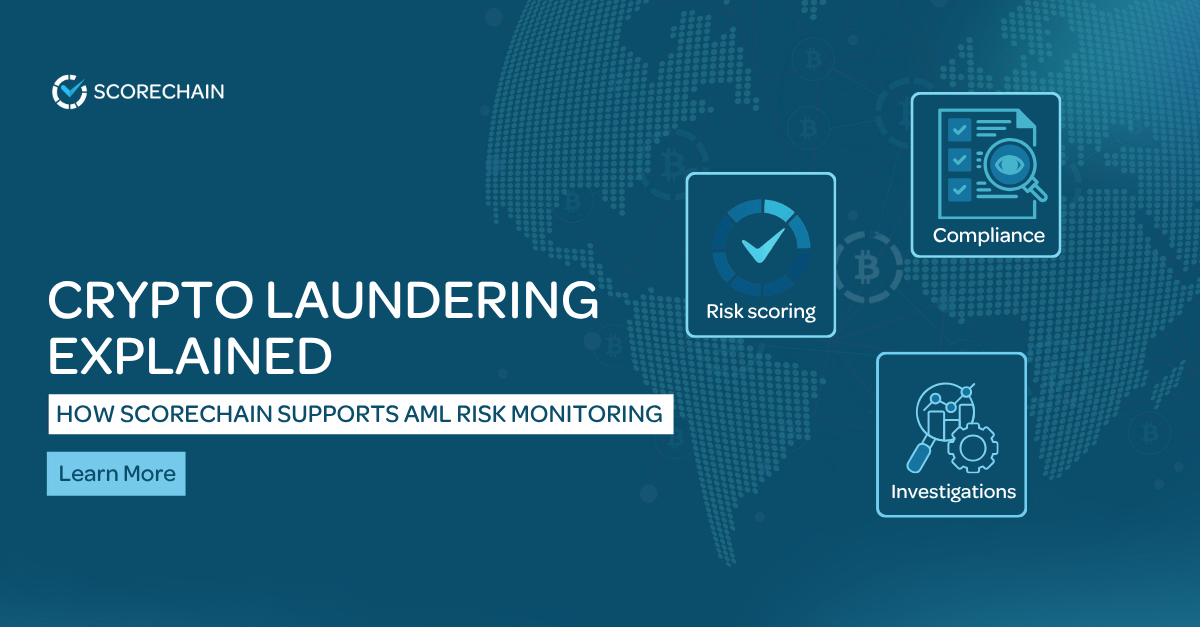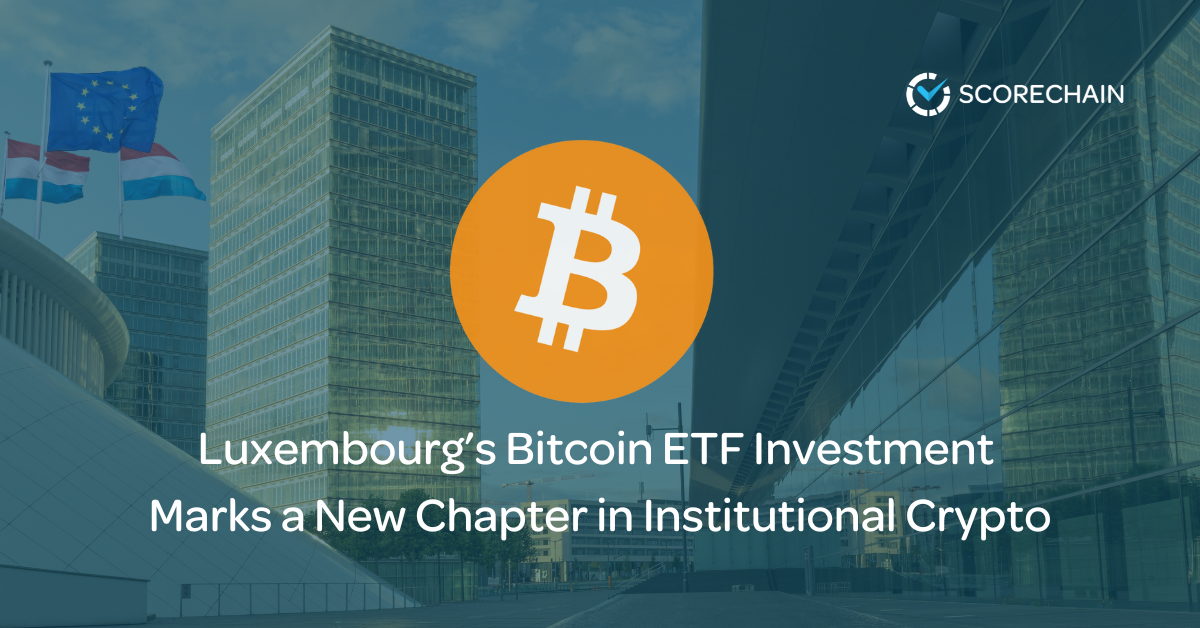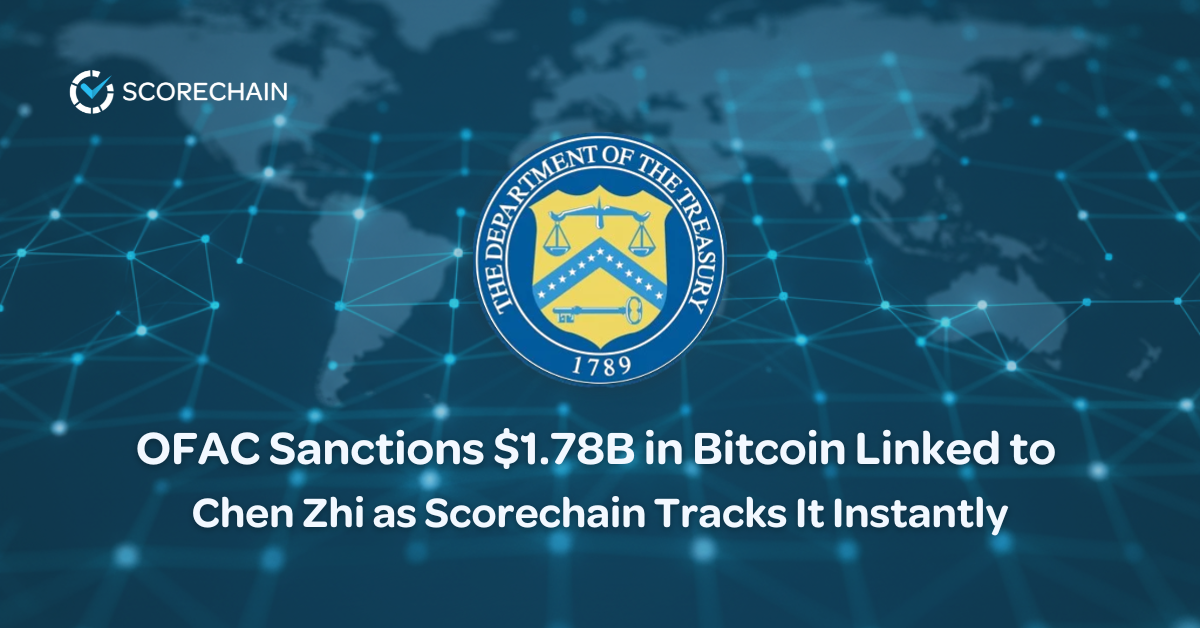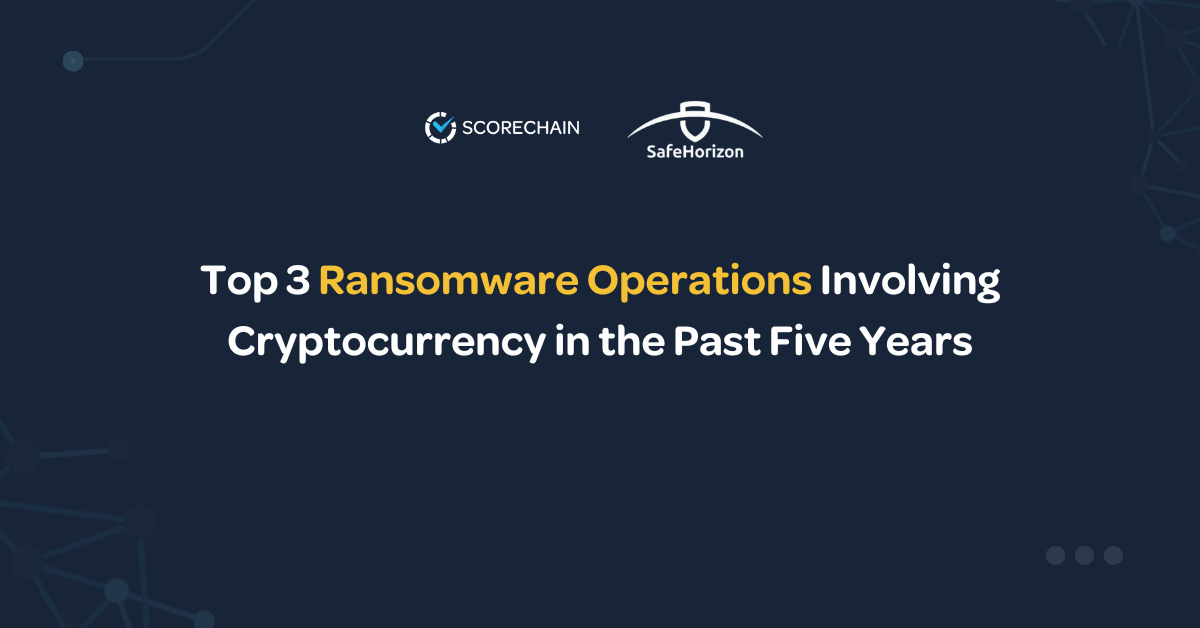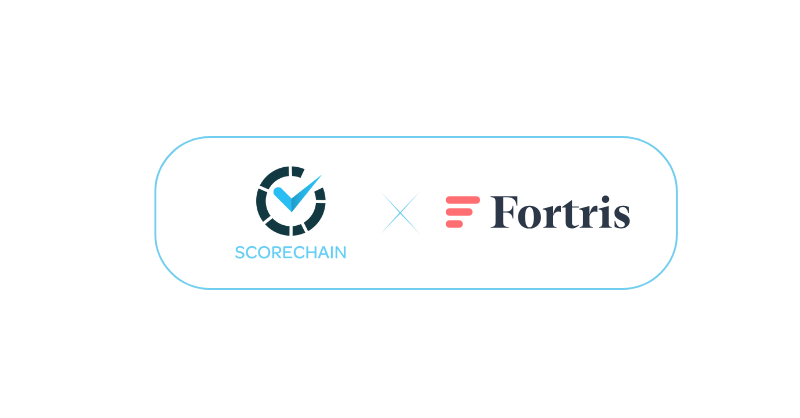What is Tron (TRX)?
First, let’s have a look at Tron. Tron is a blockchain-based operating system with a native cryptocurrency, Tronix or TRX. It has been created in 2017 by Justin Sun. The network aims to support content sharing and entertainment and to enable creators to directly connect with their audience without needing a centralized third-party such as streaming platforms.
Therefore, Tron’s main focus is the creation of decentralized applications, also known as Dapps. Dapps are basically applications that run on decentralized networks like blockchains and that allow users to do a wide variety of things. For example, a decentralized exchange (DEX) is one of the most popular kinds of dApp.
Tronix's main purpose was to unlock specific features of the operating system but is also a store of value. This is why users can trade Tronix on exchanges.
Now, let’s discover the 5 facts about Tron.
1. Tron cryptocurrency market capitalization
At the time of writing, TRX was ranked 26th by market capitalization on Coinmarketcap’s website. Market capitalization was equal to $5,653,886,382 with one unit of TRX worth $0.05554 and a total of 101.81B TRX in circulation.
2. Tron-based tokens
In addition to having its own cryptocurrency, Tron also supports TRC-10, TRC-20, and TRC-721 tokens. TRC-721 is a standard for non-fungible tokens (NFTs).
But, what’s the difference between TRC-10 and TRC-20 tokens? In short, TRC-10 tokens are native tokens used for payments because they have low transaction fees. On the contrary, TRC-20 tokens are smart contracts for dApps and induce higher transaction fees.
3. Tron's similarities with Ethereum
Tron is often compared with Ethereum because the two share some similarities. For instance, both Tron and Ethereum support smart contracts and allow the creation of tokens. Also, they both support the building of dApps and are popular for that.
4. Mining consensus
TRX mining relies on a specific consensus: delegated proof-of-stake. The consensus involves 27 representatives which change every 6 hours. These new representatives must validate new blocks and get a reward of 32 TRX for each block they mine.
Also, the network's users are the ones who chose these representatives. Users can vote with “Tron Power” which they can acquire by staking TRX coins. Basically, staking means that the user will lock up some TRX coins and won’t spend them.
5. Tron: high scalability
Lastly, scalability is one of the main differences between Tron and other blockchains. Indeed, the network is able to process 2,000 transactions per second (TPS). This is a lot more than Bitcoin, with around 6 TPS, and Ethereum with approximately 25 TPS.
This makes Tron more scalable than other blockchains.
Adopting a risk-based approach to Tron cryptocurrency transactions.
Tron is the latest blockchain added to Scorechain’s line-up. The solution now covers 8 major blockchains and 250,000+ tokens.
Scorechain Tron Analytics platform helps compliance teams to easily implement AML/CFT requirements on cryptocurrencies with tools such as:
- Risk scoring for addresses/transactions/entities and for incoming/outgoing funds;
- Risk indicators by transaction/behavior type or jurisdiction;
- The Entity Directory with due diligence performed on 700+ VASPs;
- The Case Manager to follow cases from A to Z; or
- The Exploration Tool to spot links with specific activities.
The solution helps companies operating with cryptocurrencies in their compliance journey, from crypto businesses to financial institutions and regulators. Would you be interested to get a demo of the solution? Don’t hesitate to request a free demo.
About Scorechain
Scorechain is a Risk-AML software provider for cryptocurrencies and digital assets. As a leader in crypto compliance, the Luxembourgish company has helped more than 200 customers in 40 countries since 2015, ranging from cryptocurrency businesses to financial institutions with crypto trading, custody branch, digital assets, customers onboarding, audit and law firms, and some LEAs.
Scorechain solution supports Bitcoin analytics with Lightning Network detection, Ethereum analytics with all ERC20 tokens and stablecoins, Litecoin, Bitcoin Cash, Dash, XRP Ledger, Tezos, and Tron with TRC10 and TRC20 tokens. The software can de-anonymize the Blockchain data and connect with sanction lists to provide risk scoring on digital assets, transactions, addresses, and entities. The risk assessment methodology applied by Scorechain has been verified and can be fully customizable to fit all jurisdictions. 300+ risk-AML scenarios are provided to its customers with a wide range of risk indicators so businesses under the scope of the crypto regulation can report suspicious activity to authorities with enhanced due diligence.
.png)

